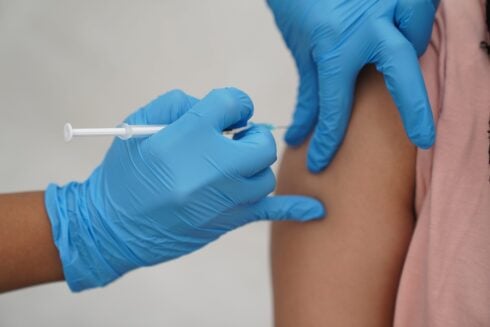AN 80-YEAR-OLD woman has become the latest person to die from the West Nile virus in Andalucia.
The local died on Thursday after falling ill in her hometown of Coria del Rio, in Sevilla, widely considered the epicentre of the current outbreak.
READ MORE: Young mother in southern Spain tells of her West Nile hell
It means 10 people are known to have died from the mosquito-borne illness in the southernmost region so far this year.
The woman, who suffered from other health conditions, had been battling the disease since being diagnosed in August.
As of this week, there have been 87 confirmed cases in Andalucia this summer, of which 10 have died.
The West Nile virus is mostly transmitted via mosquito bites. The blood-sucking insects become infectious when they feed on birds carrying the disease.
According to the World Health Organisation, the virus circulates in the mosquitos for a few days before eventually reaching their salivary glands.
When they feast, or bite, the virus is then injected into their victims, be them humans or animals.
WNV can also be transmitted through contact with other infected animals, their blood or tissue, warns the WHO.
But not everyone who is infected with WNV will show symptoms.
The WHO explains: “Infection with WNV is either asymptomatic (no symptoms) in around 80% of infected people, or can lead to West Nile fever or severe West Nile disease.
“About 20% of people who become infected with WNV will develop West Nile fever.
“Symptoms include fever, headache, tiredness, and body aches, nausea, vomiting, occasionally with a skin rash (on the trunk of the body) and swollen lymph glands.”
It adds: “The symptoms of severe disease (also called neuroinvasive disease, such as West Nile encephalitis or meningitis or West Nile poliomyelitis) include headache, high fever, neck stiffness, stupor, disorientation, coma, tremors, convulsions, muscle weakness, and paralysis.
“It is estimated that approximately 1 in 150 persons infected with the West Nile virus will develop a more severe form of disease.”
While the serious version of the disease can strike anyone, the most at risk people are over the age of 50 and those with compromised immune systems.
There is currently no treatment nor vaccine for WNV.
Patients who require hospitalisation are monitored and given intravenous fluids, respiratory support and ‘prevention of secondary infections’.
Click here to read more Spain News from The Olive Press.








